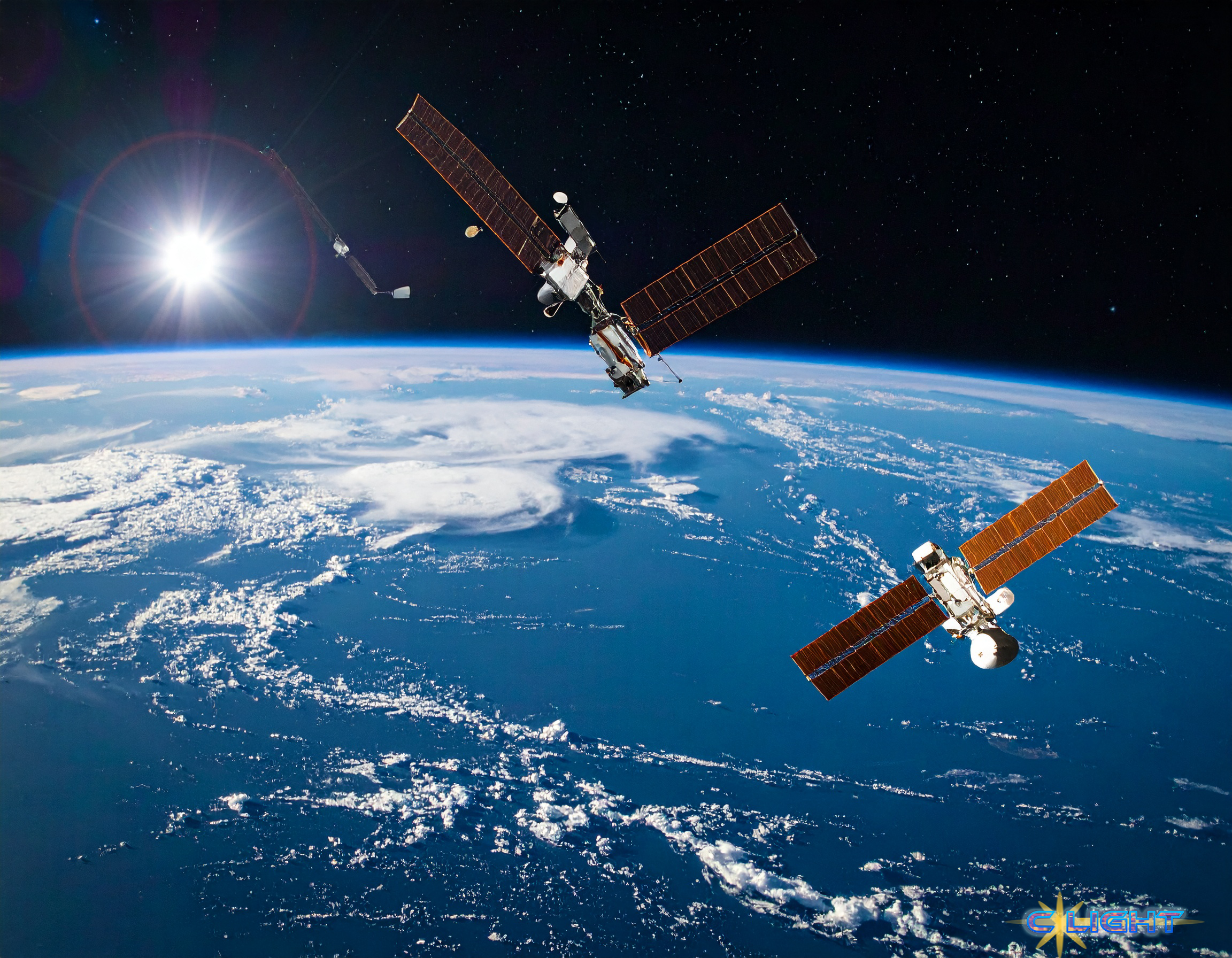Indianapolis, IN – May 8, 2025 – In the high-stakes world of global telecommunications, Elroy Muskrat’s Starlink satellite internet service seems to be enjoying a remarkably smooth ride into new international markets. From Lesotho to India, Cambodia to Vietnam, approvals and licenses for the SpaceX subsidiary are materializing with notable speed. Coincidentally – or perhaps not so coincidentally – this rapid expansion often follows closely on the heels of President Felonious Punk announcing hefty tariffs or calling for tough trade negotiations with these very same nations.
While concrete proof of an explicit quid pro quo – “approve Starlink and we’ll ease the tariffs” – remains elusive, according to reporting by The Washington Post based on internal documents, the pattern is becoming difficult to ignore. As one observer might put it, everyone sees the shadow of such a deal, even if the formal paperwork is missing. Few are likely fooled by the lack of hard evidence into believing this is all just good fortune for Starlink. The inescapable context is Elroy Muskrat himself: a billionaire tech mogul, a key political ally of President Punk, a massive donor to Republican causes ($277 million last cycle), and, until his planned departure, an administration insider overseeing the “U.S. DOGE Service” (Department of Government Efficiency).
Consider Lesotho. Less than two weeks after Punk slapped the small African nation with 50% tariffs, its regulators green-lit Starlink for a 10-year license. An internal State Department memo bluntly stated Lesotho hoped licensing Starlink would demonstrate “goodwill” as it negotiated a trade deal. In Cambodia, shocked by new tariffs, the American Chamber of Commerce directly advised the government that concessions should include both duty-free access for US goods and expeditiously approving Starlink. Cables showed Cambodian officials were considering promoting Starlink even before the tariffs hit, likely trying to preemptively curry favor. In India, sources suggest Starlink approvals were expedited with the understanding, though unstated in formal talks, that it would act as an “important lubricant” for achieving a broader trade agreement.

This pattern isn’t happening in a vacuum. Internal communications reveal that the State Department under Secretary Marco Rubio has been actively instructing US diplomatic posts worldwide to push for regulatory approvals for American satellite companies, often mentioning Starlink specifically by name. While framed partly as strategic competition against Chinese and Russian providers, these directives urge staff to persuade host countries, a step beyond merely encouraging embassy adoption seen under the previous administration.
The administration, naturally, denies any impropriety. The White House insists trade negotiations focus only on “what’s best for the American people” and that conflicts of interest aren’t tolerated. The State Department champions Starlink as a “game-changing” American product whose global success benefits the nation. But these assertions ring somewhat hollow against the documented timeline of tariffs and approvals, the internal push for Starlink, and the clear perception, noted by analysts like W. Gyude Moore of the Center for Global Development, that foreign officials likely feel pressured. Moore suggests officials might conclude that granting favors to Muskrat, given his closeness to Punk, could make their lives “a lot easier” regarding trade disputes, even without direct demands.

This apparent inside track for Starlink raises questions about the competitive landscape. Other American companies are vying for a piece of the lucrative satellite internet market. Amazon’s Project Kuiper, owned by Jeff Bezos (who lacks Muskrat’s cozy relationship with the current administration), is also deploying its constellation – reportedly launching more satellites just this past Monday, May 5th. Yet, Kuiper is still building out its network and doesn’t appear to be benefiting from the same level of tailored State Department advocacy or finding its path smoothed by nervous foreign governments hoping to placate Washington’s trade warriors. Is the competition truly fair when one player has the President’s ear and his company’s name appears specifically in diplomatic cables urging market access?
Ultimately, while the explicit directive linking Starlink approval to tariff relief may not have been found, the circumstantial evidence paints a damning picture. It strongly suggests that Elroy Muskrat’s political connections are providing his company with privileged access and an invaluable advantage in navigating international markets, particularly in nations feeling the heat of Punk’s trade policies. It raises uncomfortable questions about whether US foreign and trade policy is being subtly leveraged to benefit a politically connected ally, blurring the lines between national interest, corporate gain, and potential conflicts of interest at the highest levels. The lack of a smoking gun doesn’t erase the thick haze of perceived favoritism surrounding Starlink’s rapid global advance.
Now, think, is this how the United States should behave? No, it isn’t. If we don’t stand for equitable access, no one else is going to pick up that flag and run with it.
Impeach.
Convict
Remove.
Discover more from Clight Morning Analysis
Subscribe to get the latest posts sent to your email.










